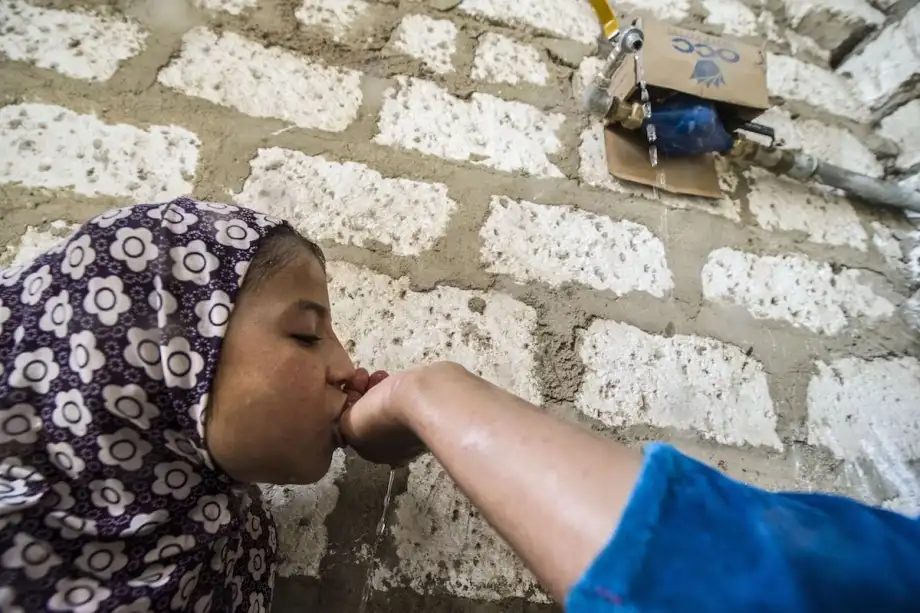
Egypt is facing mounting concerns over domestic water availability, with experts warning that less than 100 liters of water per person per day currently reach citizens.
Professor Abbas Sharaky, of Cairo University’s Geology and Water Resources Department, responded critically to government proposals to reduce per capita water consumption from 250 liters to 150 liters per day.
“What is meant by rationalizing water consumption from 250 to 150 liters per day per person?” Sharaky questioned on his official Facebook page, highlighting growing unease among citizens about potential restrictions on household water use.
Sharaky emphasized that domestic water consumption represents a minor fraction of overall usage, accounting for around 10% globally, while the majority is devoted to agriculture.
In Egypt, agriculture consumes approximately 80% of available water, far outweighing household and industrial use.
According to official figures, Egypt’s 3,050 drinking water stations pumped around 11.1 billion cubic meters into networks in 2024.
For a population of 110 million, this equates to an average daily consumption of 274 liters per person—already high compared with the global average of 100–150 liters. However, Sharaky warned that much of this water never reaches households directly.
“In reality, what reaches citizens may be less than 100 liters per day, with around 25% lost through leaking pipes, broken networks, and other inefficiencies,” he explained. Additional water is diverted for construction, small-scale irrigation, car washing, and household waste, further limiting availability.
The expert stressed that the state is taking steps to improve water efficiency through public awareness campaigns, enhanced management of farms and factories, and infrastructure upgrades.
“The goal is to reduce losses and ensure daily per capita consumption reaches 150 liters without negatively impacting citizens’ actual water use,” Sharaky said.
With Egypt’s population continuing to grow and water resources constrained, these challenges underscore the urgency of modernizing water infrastructure and promoting sustainable use, particularly in rural areas relying on groundwater rather than the national network.
The debate highlights the delicate balance between rationing and ensuring equitable access for all citizens in one of the world’s most water-stressed nations.



